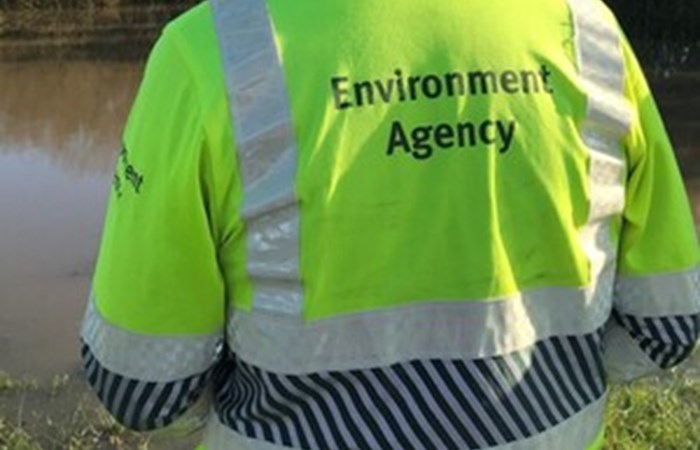Environment Agency

Experts have urged water companies and individuals to focus on preserving water now to get ahead of future dry spells, after the country experienced contrasting weather bouts over the past couple of months.
At todays meeting of the National Drought Group (NDG), chaired by Environment Agency Executive Director John Leyland, the group highlighted the importance of not relying on the weather alone to keep drought at bay.
Whilst much of England is in a better position than last year, two Environment Agency areas remain in drought - East Anglia and Cornwall. South West Water will also introduce an additional temporary use ban on hosepipes in the Roadford area in Devon on Tuesday 25 April. Across the country, we experienced the driest February in 30 years followed by the wettest March in 40 years.
The National Drought Group - made up of senior decision-makers from the Environment Agency, government, the Met Office, water companies and key farming and environmental groups - are preparing for the worst case scenario of another hot, dry spell this summer and are managing water resources to reduce the risk of drought measures accordingly.
As of the beginning of April, total reservoir capacity across the country was at 94%. This compares with 49% at the end of September 2022, when reservoirs were at their lowest following the drought through summer. Reservoir stocks at the end of March increased at all but two reservoirs.
The group discussed how water companies must reduce leakage, decrease water consumption and find new ways of being resilient to drought. This builds on the governments new Plan for Water, which sets out measures to increase our resilience to drought and ease pressures on our water supply.
The group also looked at what actions could be taken with the farming sectorto improve drought resilience, secure future water availability and support food security.This builds on commitments in the Plan for Water such as a further 10 million through the Water Management Grant to fund on-farm reservoirs.
The natural environment continues to take time to recuperate from the impacts of last summer and the Environment Agency is focusing ongoing efforts on monitoring how well fish and invertebrates are recovering from drought.
Environment Agency Executive Director and NDG chair John Leyland said:
Whilst water levels have improved across most of the country, a dry February followed by an particularly wet March has highlighted that we cannot rely on the weather alone to preserve our most precious resource ahead of summer.
This is why the Environment Agency, water companies and our partners continue to take action to ensure water resources are in the best possible position both for the summer and for future droughts.
We all owe it to the environment and wildlife to continue to use water carefully to protect our precious rivers, lakes and groundwater.
Water Minister Rebecca Pow said:
The recent rainfall came as a relief to many people across the country, but we should approach the improving drought situation cautiously.
The growing pressures on our water network mean it is more important than ever that we take measures to increase our resilience to drought and ease the pressures on our water supply.
Through our Plan for Water, we are ensuring key water supply infrastructure such as reservoirs can be built more quickly, helping increase our resilience to drought for the long-term. At the same time, we expect water companies to step up their own efforts to adapt to changing weather patterns and tackle leakage, to better deliver for customers.
NDG members also heard:
- The Environment Agency is extending its use of technology, such as eAlerts, to share abstraction notices with farmers more quickly and easily. This technology is currently used by six EA operational areas and will be rolled out across the country.
- Using satellite data to assess the moisture content of crops and soil, which can be compared with any irrigation restrictions in the area. This may indicate whether or not abstractors are working within their licence conditions and assist the EA with compliance checks, which are done to protect both users water rights and protect the water environment.
- The water sector discussed how evidence and lessons from previous droughts are informing their response into the future, which is helping the sector better understand how water suppliers can better manage the demand for water in heatwaves and bring about clearer guidance for water users when they face restrictions, such
